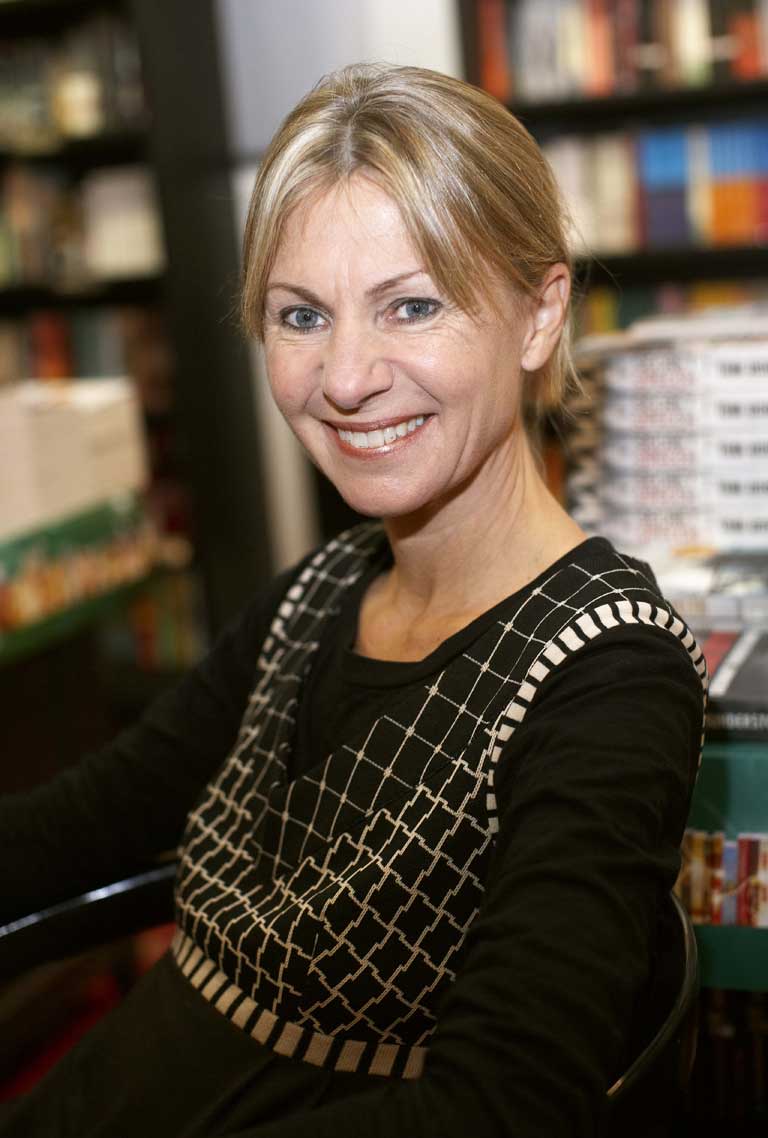Citadel, By Kate Mosse
This final act in a captivating trilogy combines period thrills with supernatural chills

For anyone who spent several summers studiously avoiding Dan Brown's The Da Vinci Code , Kate Mosse's 2005 blockbuster Labyrinth arrived as something of a relief. It was a Grail gripper, but not as we'd known it. A distinctive helping of history, hokum and heartache set in a remote corner of south-western France, this well-written adventure informed as much as it thrilled. It was followed by a well-received sequel, Sepulchre, and now Citadel. The concluding volume in the author's "French Trilogy" arrives to tie up loose ends and settle old scores.
At the heart of the series lies a long-running quest, not for a sacred chalice, but an ancient Christian Codex – an esoteric manuscript said to contain the power to raise a sleeping army. In Labyrinth it was the 13th-century Cathars who were in need of its help, but in this final instalment Mosse pursues a more ambitious time-line, switching between the story of Arinius – a fourth-century monk – and the tragic history of Sandrine Vidal, an unsung heroine of the French Resistance.
In 1942, 18-year-old Sandrine follows her elder sister, Marianne, into the ranks of the Maquis. As she graduates from distributing tracts to planting bombs, she comes under the scrutiny of the Deuxième Bureau and is forced to flee Carcassonne. Taking refuge in a summer house close to the eerie town of Rennes-les-Baines, she comes across an old family friend, Audriac Baillard – a figure familiar from Labyrinth – and finds herself signed up to sabotage of a more supernatural kind.
Back in war-torn 342 AD, Arinius is also facing testing times. This beleaguered holy man has been entrusted to find a safe haven for a document more "significant that all the knowledge contained within the walls of the great libraries of Alexandria and Pergamum." The fortified castellum of of Carcaso is his final destination – a place of safety for Gnostics and Christians.
Such time-slip narratives can sound flaky, but as a writer Mosse is anything but. The key to her effective storytelling is her in-depth knowledge of the history of the Languedoc. For fans of her work, the forested foothills of the Pyrenees have taken on a near-mythic quality. Mosse's novelistic trick is to knock down the thin walls that divide past and present, spiriting up the long Occitan dead to set ancient wrongs to right.
Mosse's evocation of the occupied South might have made a novel in its own right. Her portrait of complicit citizens and the weasely Milice is hugely atmospheric. A novelist drawn to the plight of defiant young women, she never allows Sandrine's unfolding romance with a fellow-patriot to become her only story. While Citadel might be the closest thing to a straight historical novel in the trilogy, this wouldn't be a Mosse production without a good sprinkling of genre ghoulishness. She treats us to darkening skies and thunderclaps as the embattled region offers up the assistance of its unquiet dead. The final showdown won't suit everyone's taste, but will once again put the frighteners on Dan Brown.
Join our commenting forum
Join thought-provoking conversations, follow other Independent readers and see their replies
Comments